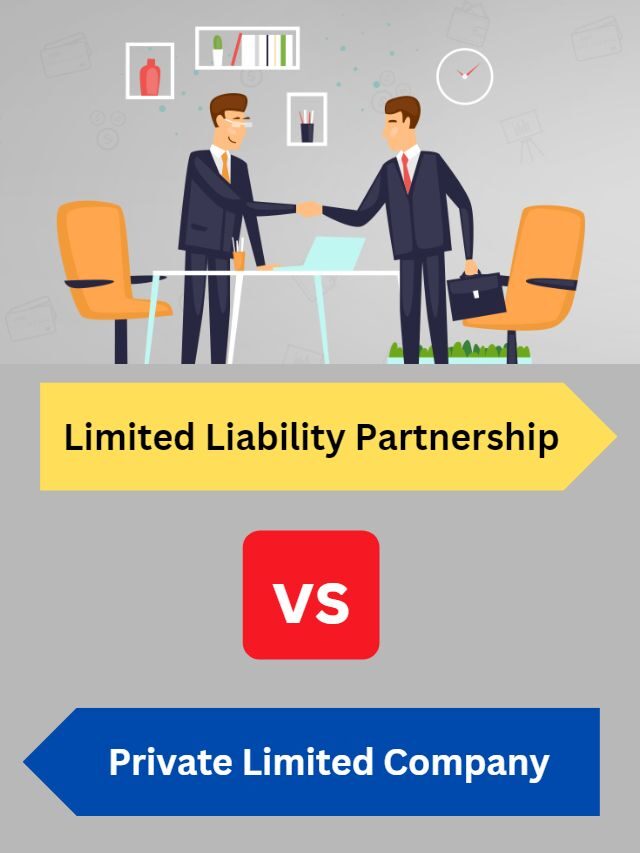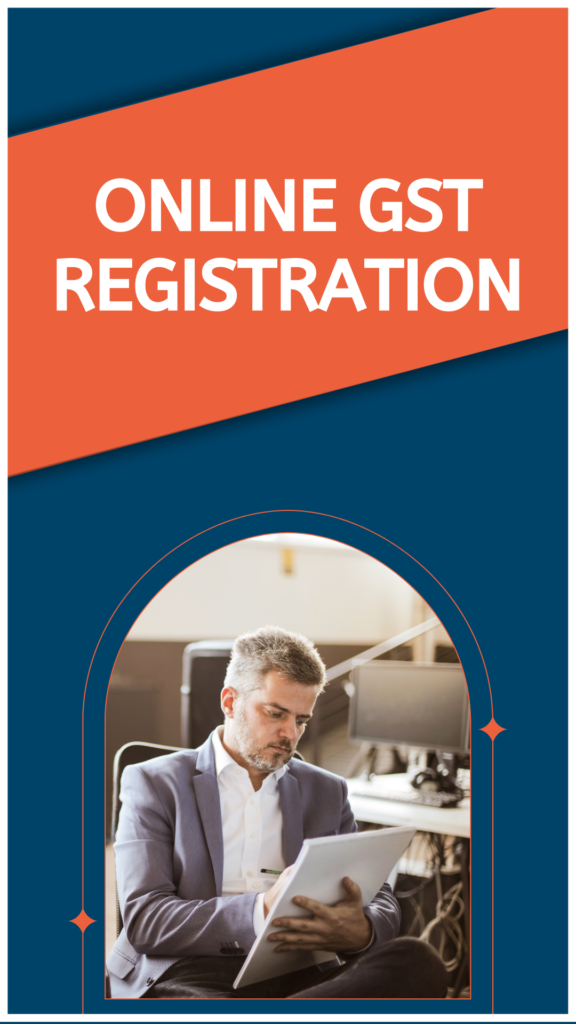
The Karnataka State government on November 25th directed regional transport authorities to levy 5% extra as convenience fees and GST on auto rides booked by passengers through ride-hailing apps like Ola, Uber etc, as per the report. This Decision of imposing 5% convenience fee and GST has made Ola Uber Drivers and Owners’ Association (OUDOA) and auto drivers worried. This directive comes almost a month after the state government disallowed these ride-hailing apps to offer auto services in the city of Bangalore after customers complained on over-charging issues. However, the government and ride-hailing apps were advised to discuss the matter and meanwhile, the Karnataka high court passed an interim order to allow ride-hailing companies to continue their services.
Context
The imposition of 5% GST and convenience fee is said to be irrelevant. While the increase may not seem to be so uncomfortable, on the face of it rickshaw drivers are now very anxious that the ride hailing companies may find ways to pass over the cost, onto both passengers and drivers..
Currently, the minimum fare is Rs 30 for the first 2 km for an auto ride and the passenger is charged Rs 15 per km afterwards. Imposing a 5% convenience fee along with GST on per kilometer ride would make a passenger pay an additional 80 paise.
Speaking on the state government’s recent decision, OUDOA’s president Tanveer Pasha quoted that the government should have brought an amendment to the Karnataka On-Demand Transportation Technology Aggregators’ Rules because there is no provision for auto rickshaw in it. He also blamed the state government for not presenting the case properly before the Karnataka High Court
What is GST?
GST implementation was a significant indirect tax reform in the country. A large number of taxes which were levied at a central and state level had been amalgamated into a single tax GST. Around five years ago, GST had replaced 17 local levies like excise duty, service tax, VAT and 13 cesses.This type of tax structure is implemented in order to help taxpayers take the credit against each other and thus safeguarding the “One Nation, One Tax” motive.
Most of the complex indirect system problems have also been eased by GST with a simple, transparent and technology-driven tax regime and has thus integrated India into a single common market. Further, Tax arbitrage across states that distorted business investment decisions has also been eliminated by implementing GST.
As a federal country, both the Center and the States are assigned the powers to levy and collect taxes. Both the Governments perform various duties, as per the Constitution, and hence they need to raise tax revenue. Tax arbitrage across states that distorted business investment decisions has also been eliminated by the implementation of GST. It has also made the tax administration transparent and corruption-free. The benefits of GST are far-reaching and are not only business-friendly but consumer-friendly as well. The number of separate compliances is also lesser now with the coming of this Indirect tax reform.
Conclusion
As per the sources, the department also filed an objection in the Karnataka High Court on November 16 to the ride-hailing apps’ proposal to increase the service charge for their auto-rickshaw services. In their proposal, representatives of Ola and Uber asked for permission to enable dynamic pricing by levying a 25 % service charge. Ola also wanted to double the base fare from Rs 30 to Rs 60 on rainy days and increase the platform fee.
There also has been certain praise for the government’s most recent decision stating it is in the best interest. But it is difficult to predict how these companies would charge people. Only time will tell how the rates will be fixed on each ride and how it is charged from the people.





